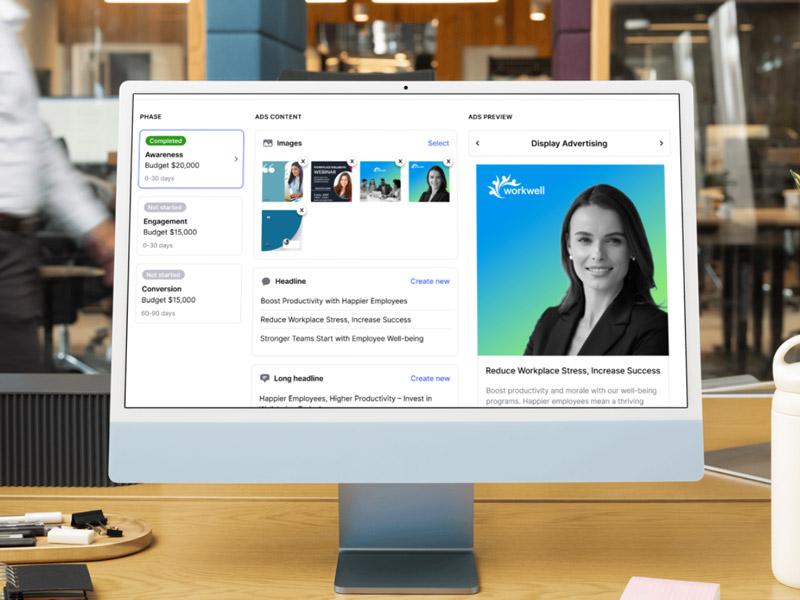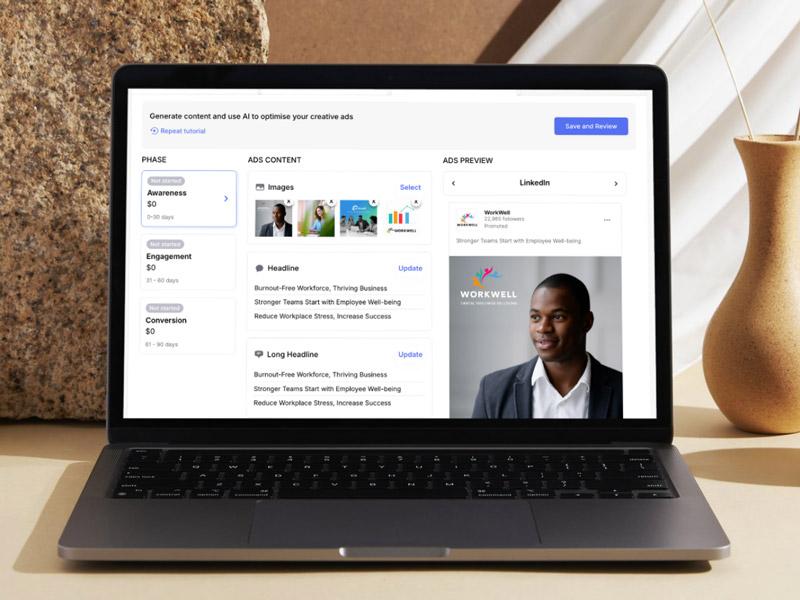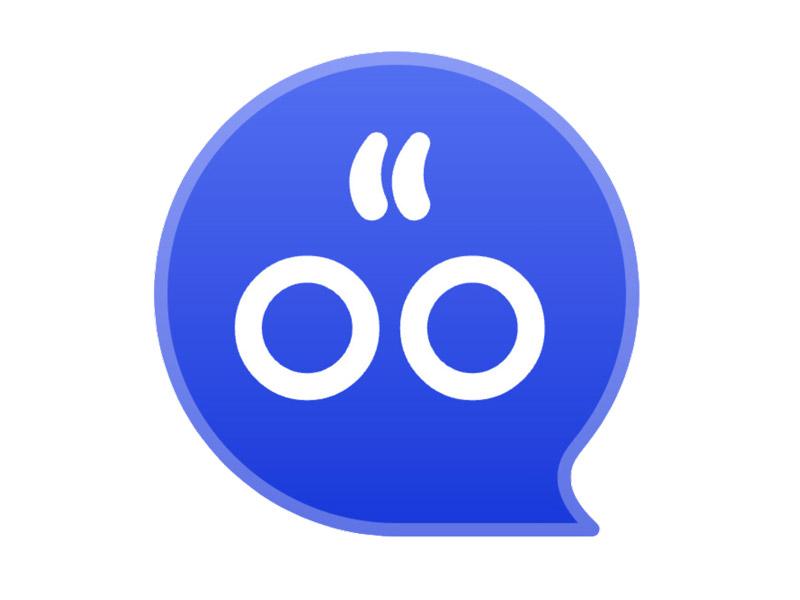
Using industry-based simulations to create pathways from classroom to career

Adapting to newer models of teaching and learning is an ongoing challenge for higher education institutions in the digital era. Changes in the job market and skills demand have made students and institutions seek skills-driven learning experiences that prepare graduates for the workplace. This shift requires curricula to be more dynamic, interactive and aligned with industry practices.
Digital media such as video have gained popularity with the rise of asynchronous and modular learning. While such formats are useful, they are not as impactful as hands-on learning when it comes to building practical skills in students, says Clark Boyd, CEO and co-founder of Novela, an edtech company that specialises in virtual simulations for teaching digital marketing skills.
“Simulations are underused as a way of learning,” says Boyd. Novela’s simulations are designed to bridge the gap between theoretical education and real-world experience. It offers interactive, practice-based learning tools that replicate real-world marketing challenges and scenarios, enabling students to take on roles, manage projects and test strategies.
“Our simulations are built on real data,” says Boyd. Novela has interfaces and simulations that mimic real advertising experiences. “We have a panel of industry experts who work with us. For each simulation, we have different experts who know that specific field inside out to guide us on what realistic outcomes would be.”
Boyd spent 10 years as a marketing practitioner at various agencies in London, Sydney and New York before working as an educator and learning designer. As an academic, he noticed that courses often lacked practical components. “While theoretical knowledge has value, it does not prepare students for the jobs they need,” he says.
The inspiration behind Novela was Boyd’s attempts as an educator to find high-quality simulations with industry relevance to offer his students. “What I found was that I could not bring theory to life in class without building something new,” he says.

Boyd had the unique advantage of approaching this challenge from multiple perspectives – as a marketing practitioner, educator and learning designer. Novela’s original simulations focus on Google and Meta ads and are primarily used in undergraduate and postgraduate courses. Its new AI marketing simulation is more strategic and designed for top-tier MBA programmes.
In 2025, Novela is set to partner with the Digital Marketing Institute, a leader in digital marketing content and courses. “We provide cutting-edge simulations, so partnering with the institute will allow us to have a full curriculum to offer to universities, including our simulations,” says Boyd. Novela also won the annual startup competition at THE’s Digital Universities UK event in 2025.
As institutions look for innovative ways to collaborate with industry partners, Novela is keen to serve as a conduit. “It is exciting for us to develop pathways between academia and industry. We naturally sit between the two,” Boyd says. Novela works with institutions across the world, including the UK, the US, Canada, India and China. It aims to involve more experts in designing simulations to incorporate the latest industry insights and trends.
Novela’s simulations have a built-in AI co-pilot that enables students to ask questions and gain feedback on their performance. Students are actively engaging with the co-pilot, which helps them gain insights about concepts and their decisions within the simulation, Boyd adds.
“The future for us is in customisation,” he says. “AI gives us the chance to put our tools in the hands of educators while maintaining the quality of the experience. We have a core simulation engine but we also have a pedagogical layer.” This will ensure that when educators create customised simulations for their course, the quality will be the same as the simulations Novela currently offers.
Find out more about Novela.

